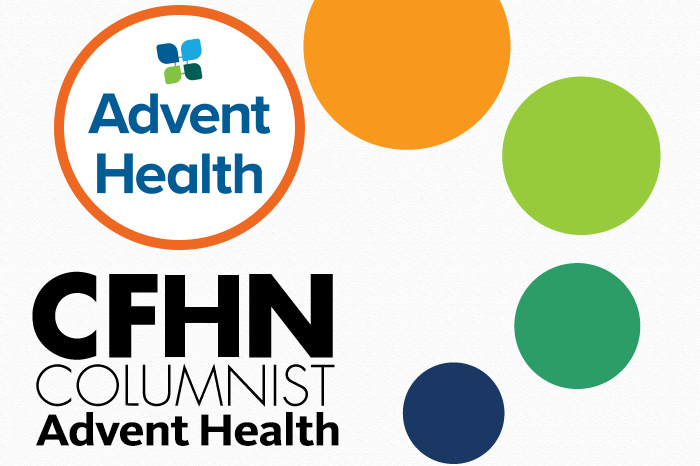
Health News
Features
-
Back to school, better than ever
Setting the foundation for success with good study habits, healthy nutrition and more You send your children off to school with hopes you’ll get through the year without squabbles over homework, computer time, or nonstop snacking. Unfortunately good intentions aren’t enough. You need a concrete plan if you want your children to develop good study…
-
Tighter standards protect young athletes
From Concussions to weight management, sport safety is key Making sports safer for children is a big issue these days – from protecting athletes who suffer concussions to those attempting dramatic weight loss. “Concussions are things that are going to happen. You don’t let them go back to playing until that concussion is healed,” says…
-
Have fun in the sun while safeguarding from the heat
Steps to help prevent heat exhaustion and stroke The Sunshine state is known for its sandy beaches, adventurous theme parks, and cool swimming pools. But she is also known for her hot, muggy days. Being careful not to get overheated is the number one rule in Florida. As reported in an article from the Surgeon…
Columns
-
Understanding Heart Failure With Preserved Ejection Fraction
Last year, I wrote about heart failure. At that time, I had said that about half the patients admitted with congestive heart failure have normal systolic function. This is true. The most common way to express heart function is by measuring ejection fraction (EF). This is the proportion of the amount of blood in the…
-
7 Ways to Save Money on Your Glaucoma Drops
Glaucoma is a group of diseases that affect the optic nerve of the eye. It is the cable that carries the information from the eye to the brain. Any damage to this optic nerve due to high pressures can damage it, resulting in lower vision or vision loss. Therefore, it is essential to treat glaucoma…
-
Stay strong with healthy hips
Expert care can get you there. We all hope to be able to walk, run and dance through life with healthy, natural joints. But when your hips become arthritic and painful, it’s not easy to keep moving like you used to. The good news is that hip replacement has come a long way, with advanced…


